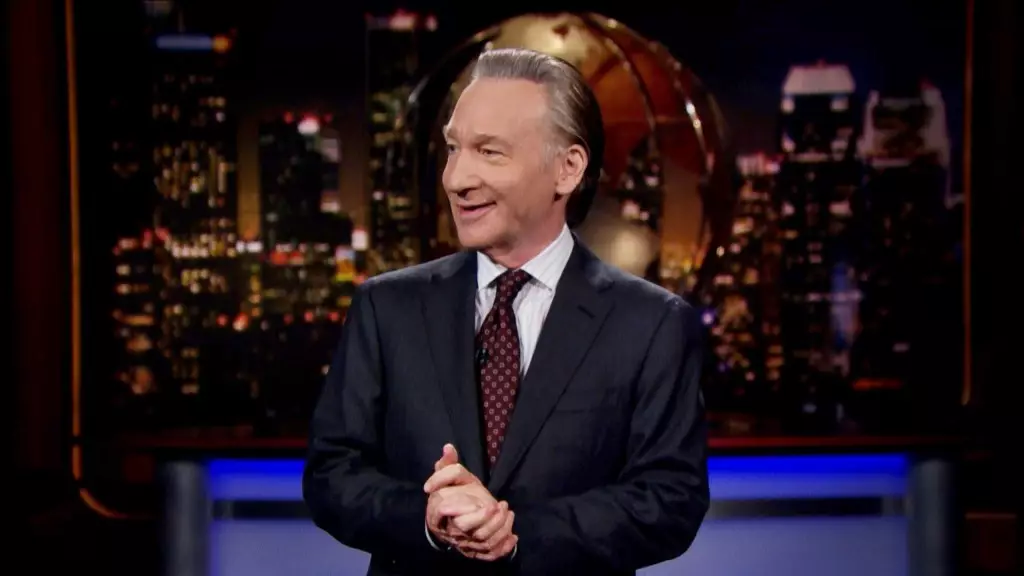In a recent episode of Real Time with Bill Maher, the host raised a thought-provoking question – when did Columbia become Kanye State? Maher’s rhetorical query set the stage for a deep dive into the current state of campus activism and the contradictions that seem to underlie many of the protests happening across the nation. Maher took aim at protesters who disrupt traffic in the name of a cause, bluntly stating, “No one likes you.” He argued that such actions do not win people over to a cause but instead alienate them by inconveniencing their daily lives. Maher’s scathing critique suggested that for some activists, the allure of the protest itself might overshadow the actual causes they claim to champion.
Broadening the Scope of Activism
Maher’s critique extended beyond the immediate context of campus protests to encompass a wider view of social justice activism. By pointing to other pressing global issues such as the subjugation of women in many countries, starvation in North Korea, China’s human rights violations, and the persecution of LGBTQ individuals in Burundi, Maher prompted activists to question the scope of their causes. He challenged activists to consider whether their activism truly speaks truth to power or merely serves as a means of self-expression devoid of tangible impact.
A notable segment of the episode featured Robert F. Kennedy Jr., an independent presidential candidate with controversial views on vaccinations. Maher engaged RFK in a spirited discussion around the topic, pressing him on his assertion that no vaccine is entirely safe and effective. RFK’s response, citing the need for comprehensive testing to establish efficacy, underscored the complexities of the issue. Despite facing criticism as a potential spoiler in the election, RFK presented polling data suggesting significant support in key demographics. His defense of free speech and skepticism towards pharmaceutical influence resonated with Maher’s broader critique of activism.
The panel discussion that followed featured Scott Galloway, a marketing professor, and Don Lemon, a former CNN anchor, delving into the nuances of campus activism. Lemon underscored the rise of antisemitism within activist circles and attributed misinformation to reliance on platforms like TikTok for news. Galloway concurred, pointing to the role of faculty in exacerbating tensions on campus. The discussion highlighted a generational shift in activism, with concerns raised about the efficacy of current protest tactics and the need for a more informed approach to social issues.
Overall, Maher’s episode of Real Time offered a compelling critique of contemporary activism, urging activists to reflect on the effectiveness of their methods and the broader impact of their causes. By challenging protesters to look beyond their immediate concerns and engage with pressing global issues, Maher pushed for a more nuanced and informed approach to activism. The engagement with RFK Jr. added a political dimension to the discussion, highlighting the intersection of personal beliefs and public policy. As the debate around campus protests continues to evolve, Maher’s insights serve as a timely reminder of the complexities inherent in social justice advocacy.

Leave a Reply